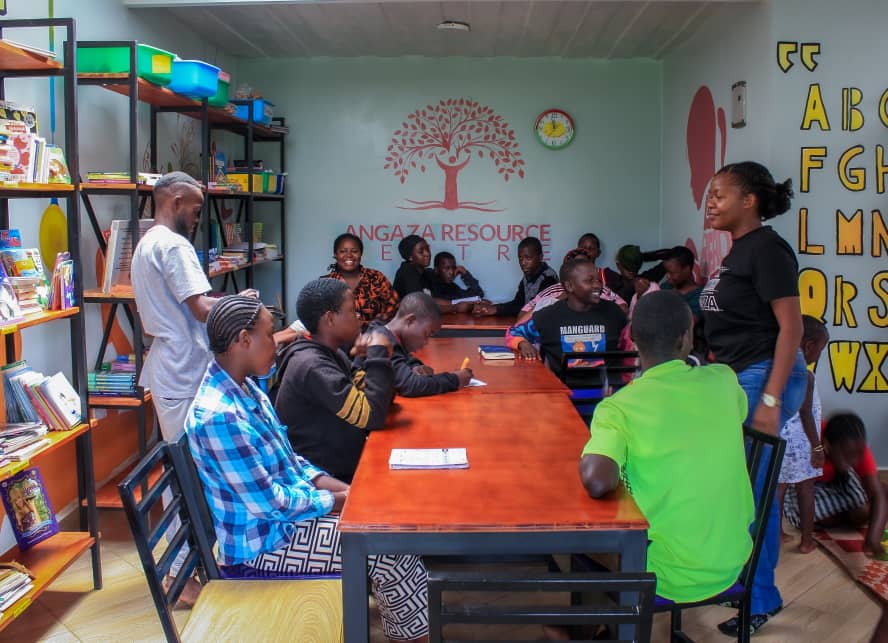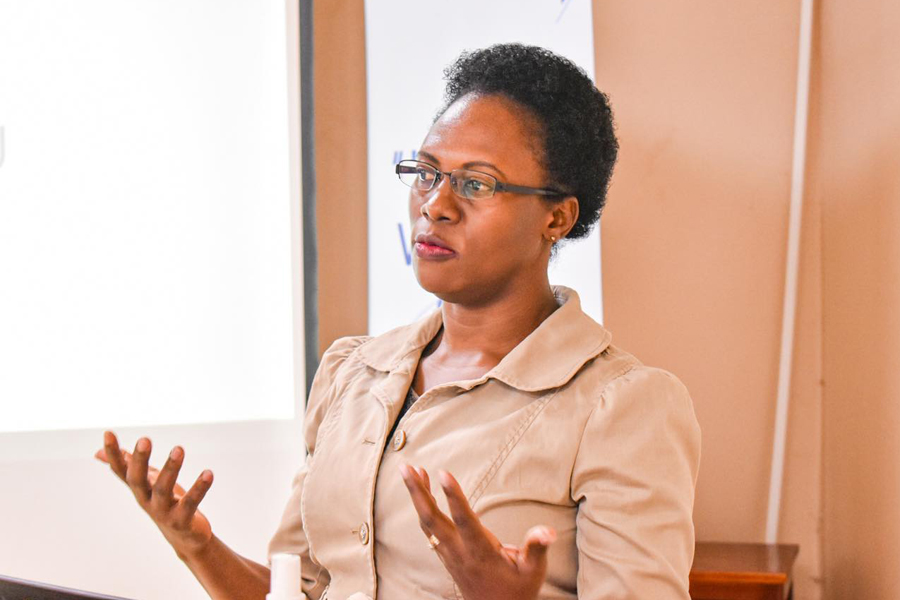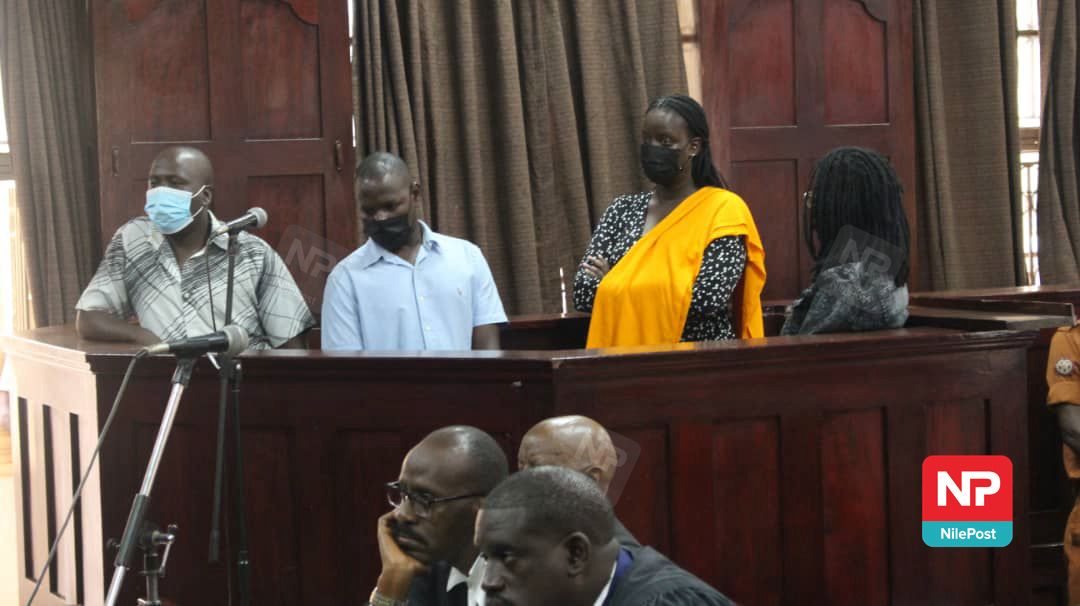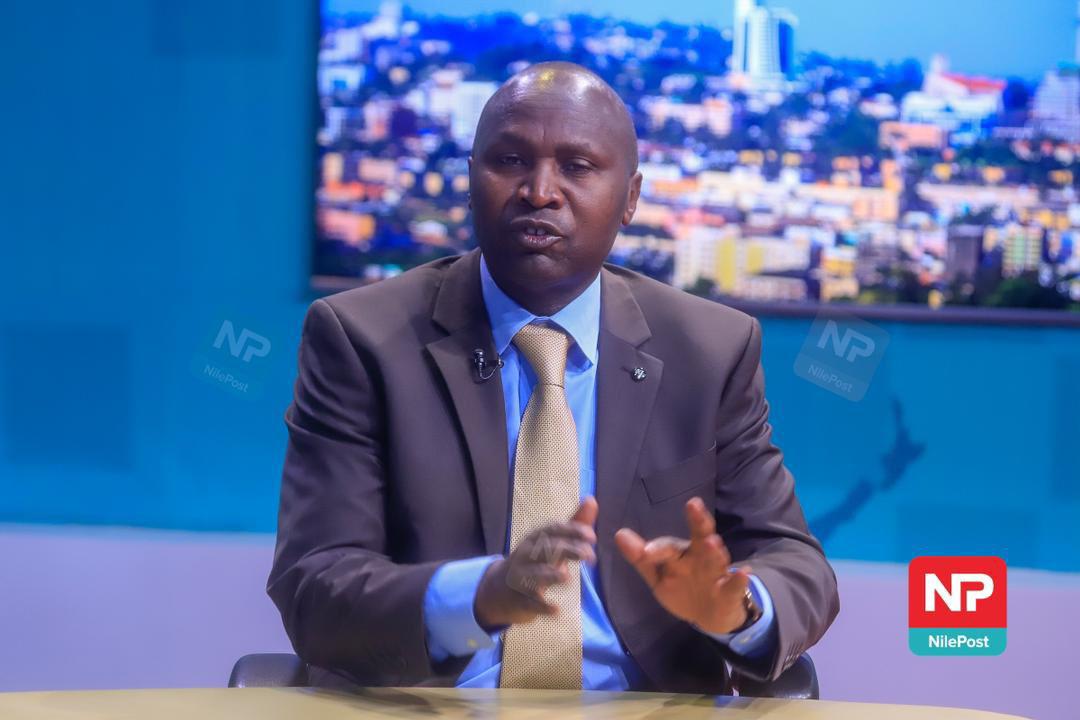SMEs cautioned against taking multiple loans ahead of 2026 election
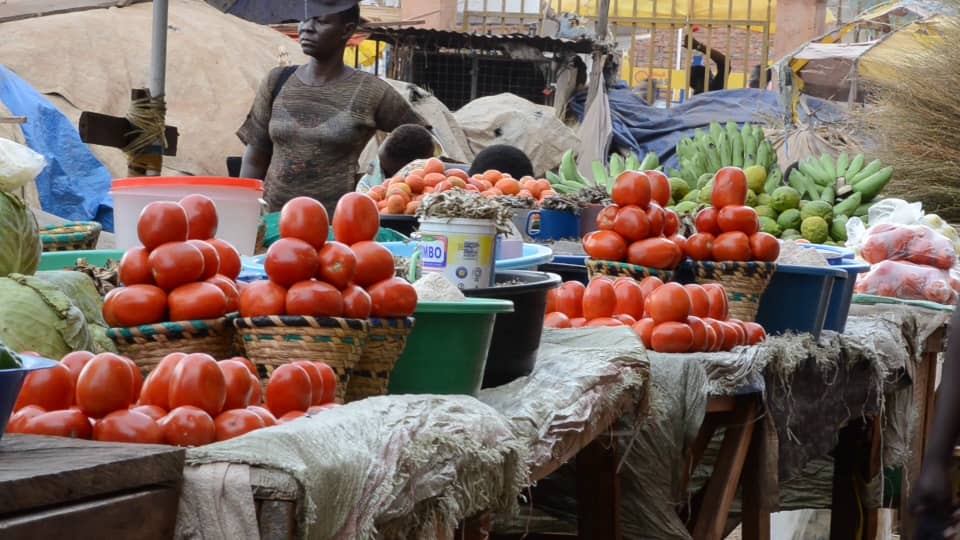
LIRA CITY | Small and medium enterprises (SMEs) have been cautioned against taking multiple loans from various banks as the country heads towards the 2026 general elections.
Financial experts and banking institutions forecast that the interest rates will likely climb, which could spell trouble for small businesses relying heavily on borrowed funds.
Robert Wanok, the head of retail banking at Equity Bank, said banks are predicting a rise in interest rates, driven by a combination of inflationary pressures and a shift in lending preferences.
“Most SMEs are at the crossroads on whether to digitise or not. The government will likely seek substantial funding for election-related expenditures, infrastructure projects, and other commitments, creating a high demand for capital,” says Wanok.
Historically, election cycles in Uganda have been associated with increased government spending and economic instability.
Consequently, Wanok said financial institutions might tighten their lending criteria for SMEs, making it more challenging and expensive for these businesses to secure loans.
Francis Opio, a businessman in Lira City, said the anticipated rise in interest rates will pose a double threat to SMEs.
“Higher borrowing costs will increase the financial burden on businesses, making it harder to manage debt repayments. Additionally, limited credit access coupled with high taxes will hinder their ability to invest, expand, and sustain operations during this critical period,” says Opio.
“The SMEs should instead review their financial strategies, focusing on cost management, improving operational efficiencies, and enhancing revenue streams.
"Engaging with financial advisors to create robust contingency plans is also recommended to navigate the anticipated economic challenges."
Opio said over-reliance on borrowed funds, especially in a rising interest rate environment, can jeopardize the long-term viability of businesses, thus causing abrupt collapse.
David Opio Okello, the deputy government Bank of Uganda, said during election periods, the risk premium for lending increases significantly.
“Banks tend to prefer lending to the government, which is perceived as a safer borrower compared to small businesses, especially in an uncertain economic climate," says Opio during the Equity Bank’s Tupange engagement with the business community in Lira City.
In Uganda, available statistics indicate that the Micro, Small, and Medium Enterprises play a critical role in the economic growth of the country with its GDP contribution standing at over 70 percent, and its employment and job creation rising to at least 90 percent.







